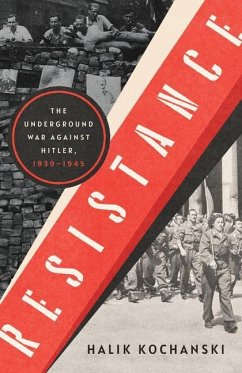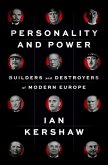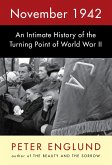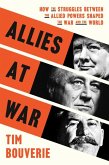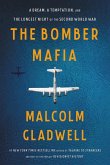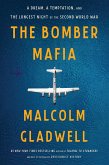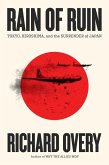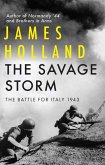Praise for Halik Kochanski's The Eagle Unbowed: Poland and the Poles in the Second World War: "[A]n extraordinarily ambitious book . . . The Eagle Unbowed is one of the first books to make comprehensive use of the many new sources in English, putting a complicated story into a clear narrative." -Anne Applebaum, New Republic "[U]ntil Halik Kochanski's The Eagle Unbowed nobody had written a comprehensive English-language history of Poland at war . . . She uncovers details that will surprise even history geeks... Kochanski marshals an impressive and comprehensive array of English and Polish material." -The Economist "[O]pinionated, fluid and forceful. It lays out in impressive detail how ordinary Poles lost the Second World War, kept losing and yet refused to be beaten." -Oliver Bullough, New Statesman "Remarkable . . . supplies perhaps the last unwritten chapter in the history of the Second World War . . .history at its best." -Adam Zamoyski, Standpoint
Bitte wählen Sie Ihr Anliegen aus.
Rechnungen
Retourenschein anfordern
Bestellstatus
Storno

